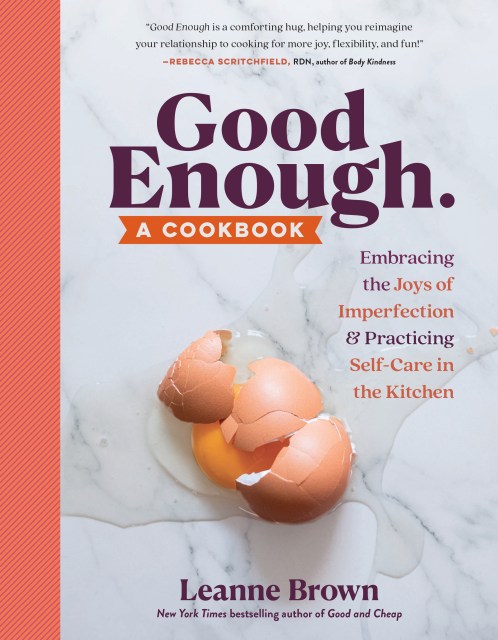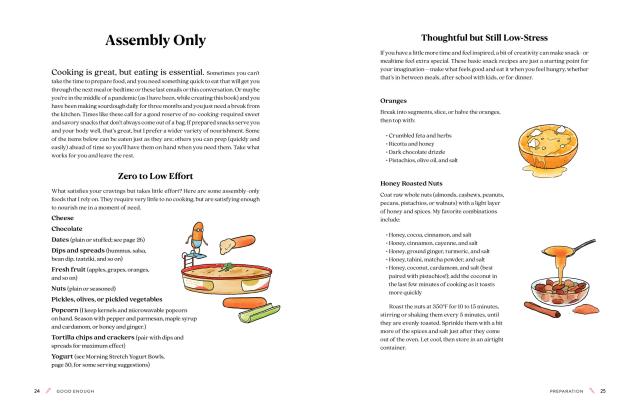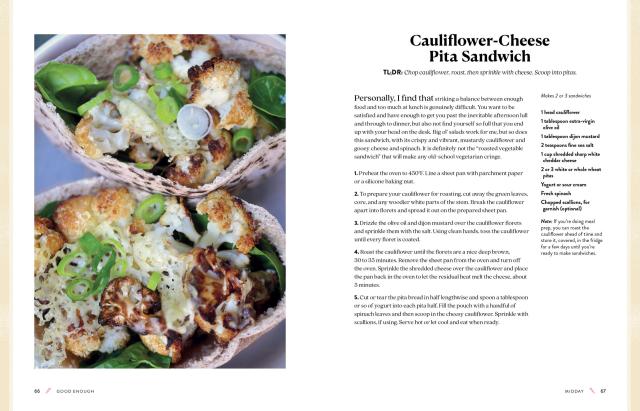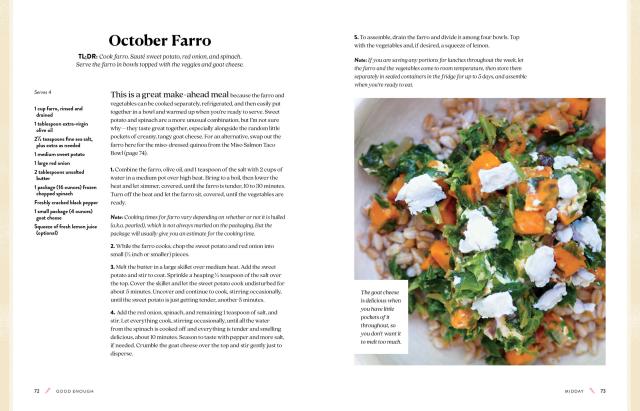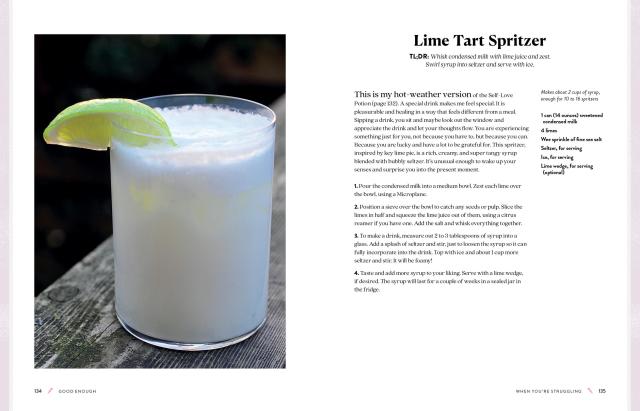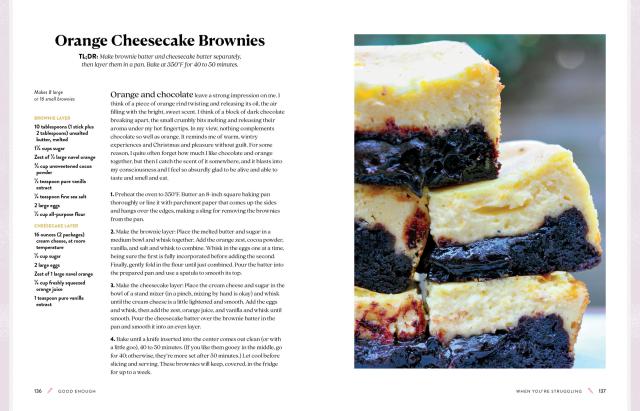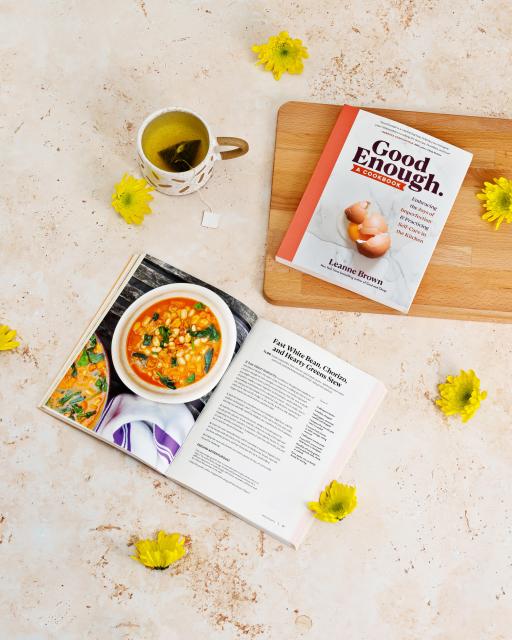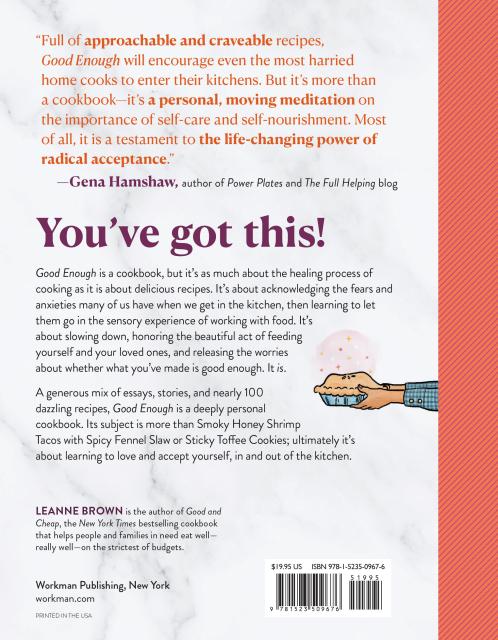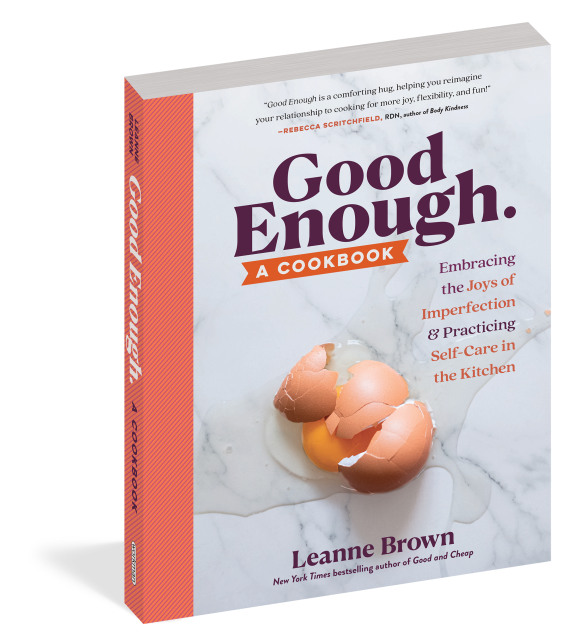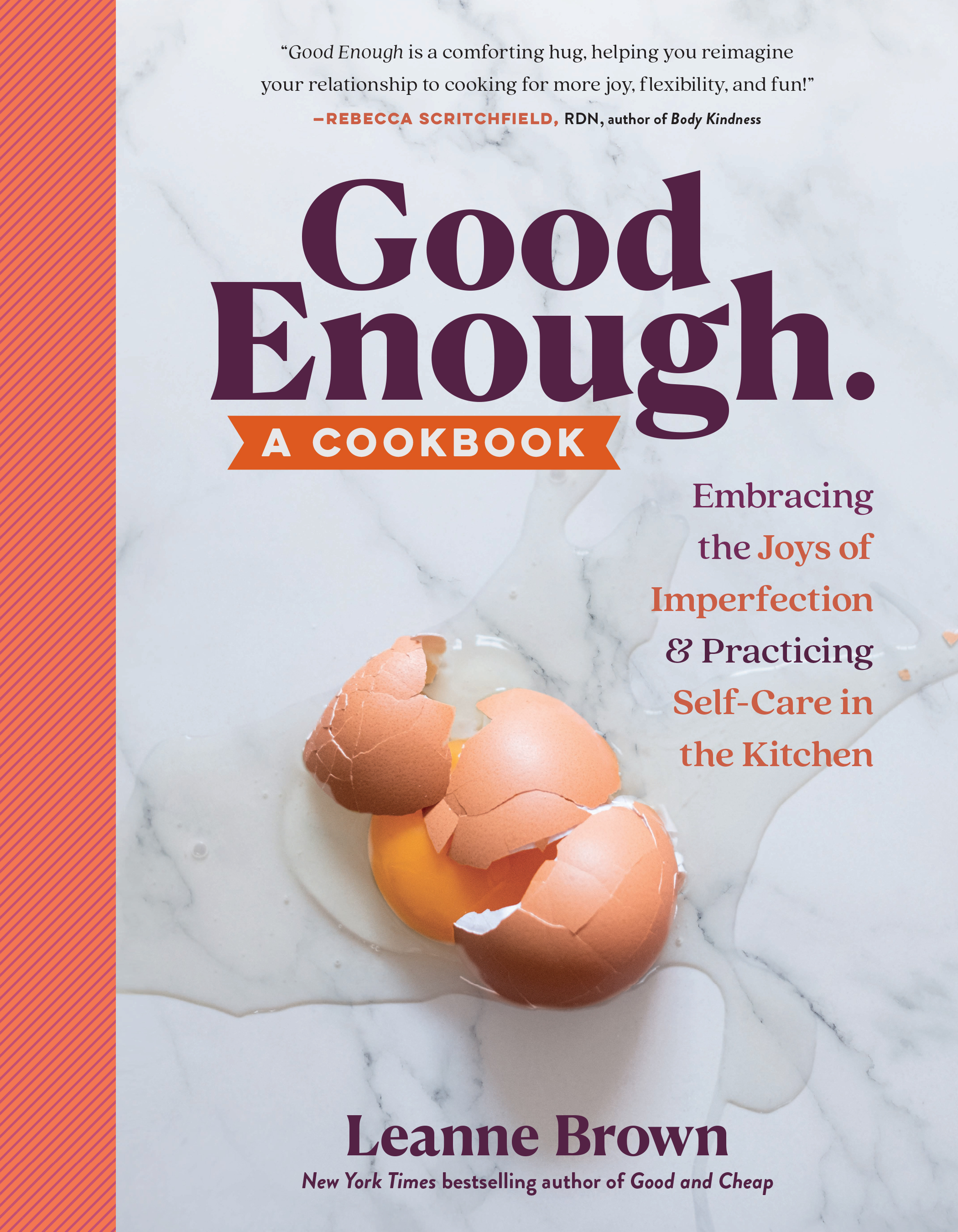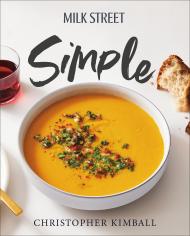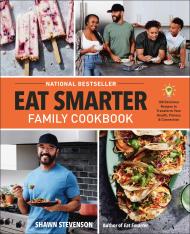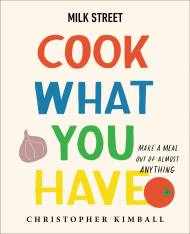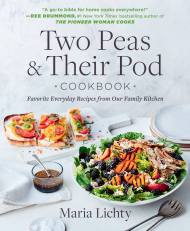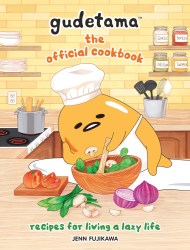Promotion
Shop now and save 20% on your back-to-school purchases & get free shipping on orders $45+ Use code: SCHOOL24
Good Enough
A Cookbook: Embracing the Joys of Imperfection and Practicing Self-Care in the Kitchen
Contributors
By Leanne Brown
Formats and Prices
Price
$19.95Price
$24.95 CADFormat
Format:
- Trade Paperback $19.95 $24.95 CAD
- ebook $11.99 $15.99 CAD
This item is a preorder. Your payment method will be charged immediately, and the product is expected to ship on or around January 11, 2022. This date is subject to change due to shipping delays beyond our control.
Also available from:
You’ve got this!
Good enough is a cookbook, but it’s as much about the healing process of cooking as it is about delicious recipes. It’s about acknowledging the fears and anxieties many of us have when we get in the kitchen, then learning to let them go in the sensory experience of working with food. It’s about slowing down, honoring the beautiful act of feeding yourself and your loved ones, and releasing the worries about whether what you’ve made is good enough. It is.
A generous mix of essays, stories, and nearly 100 dazzling recipes, Good Enough is a deeply personal cookbook. It’s subject is more than Smoky Honey Shrimp Tacos with Spicy Fennel Slaw or Sticky Toffee Cookies; ultimately it’s about learning to love and accept yourself, in and out of the kitchen.
Genre:
-
“In a world cluttered by confusing messages about food, bodies, and where you belong, Good Enough is a comforting hug, helping you reimagine your relationship to cooking for more joy, flexibility, and fun!”
—Rebecca Scritchfield, RDN, author of Body Kindness
“Good Enough is a cookbook full of tried-and-true, approachable and craveable recipes that will encourage even the most harried home cooks to enter their kitchens. But it's more than that. It's also a personal, moving meditation on the importance of self-care and self-nourishment through life's difficult times. Most of all, it is a testament to the life-changing power of radical acceptance.”
—Gena Hamshaw, author of Power Plates and The Full Helping blog
- On Sale
- Jan 11, 2022
- Page Count
- 288 pages
- Publisher
- Workman Publishing Company
- ISBN-13
- 9781523509676
Newsletter Signup
By clicking ‘Sign Up,’ I acknowledge that I have read and agree to Hachette Book Group’s Privacy Policy and Terms of Use
